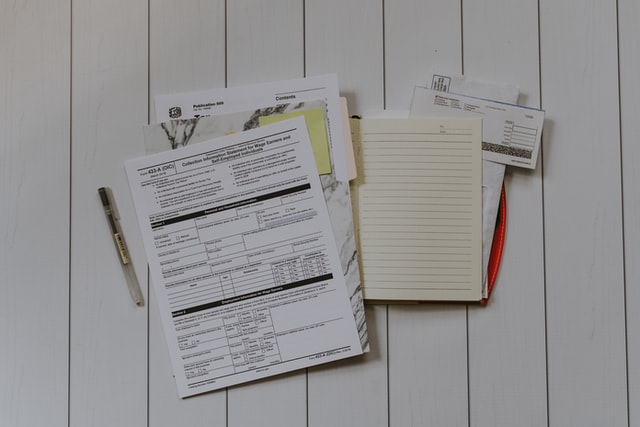Guest post by Anastasiia Polokhlyvets
Assuming you are mulling over working freelance in the UK, what do you have to do to set up as self-employed? More importantly, where do you look for a freelance job?
If you plan to start working independently in the United Kingdom, you will fall into the category of sole trading.
While a self-employing procedure is relatively simple in the UK, some things can still be confusing. For instance, is it self-employment when you hire other people to do a specific task at your own expense? The answer is: yes, that’s typically considered self-employment.
Let’s look more closely at who is self-employed and how you can land the desired freelancing job.
Who is considered self-employed in the UK?
In a nutshell, if you work for yourself, are fully accountable for your work, and are not managed by anyone, you are self-employed. In other words, whether you sell tangible goods, design web pages, or teach people how to use an instagram story creator, you are classed as a sole trader (self-employed).
Freelancing and self-employment: Steps to become self-employed
It’s best to handle all the paperwork in the first place. If you have any experience working freelance, the process of finding a job won’t be your primary concern. Conversely, it’s registering as a sole trader, deciding on the business name, keeping books, and paying taxes that should matter the most.
Undoubtedly, completing all of these isn’t an easy task. Don’t worry, though. Below you will find several critical steps to officially becoming self-employed.
1. Registering your business
First off, you need to register for Self Assessment and contact HM Revenue and Customs. They will help you set up a sole trader, get tax returns annually, and qualify for other benefits.
2. Choosing a sole trader business name
You don’t necessarily need to come up with a business name. You can also work under your own name, and there is no need to register it. In turn, if you plan to create a brand and include it in correspondence and other paperwork, it is required to create a business name. The latter shouldn’t include “limited,” “limited liability partnership,” “Ltd,” “LLP,” or “plc.” Nor should it replicate existing trademarks.
3. Learning what business records to keep
Being a freelancer, you must track your income and expenses for your tax return. Besides, you will need to choose between traditional accounting and cash basis accounting.
4. Registering for tax
The tax registration procedure requires getting a National Insurance number and registering for Self Assessment. Keep in mind that the tax rate will also depend on your returns. For instance, if your income doesn’t exceed £50,000, you’ll need to pay 20% in taxes. Making over that sum will require paying 40%, and income over £150,000, in turn, requires paying 45%.
Remember that if your turnover is more than £85,000, you should register for VAT with HMRC. The registration is optional if your income is lower than £85,000.

Pic from Unsplash
Securing a job: How to win a freelancing job
Having registered as a sole trader, the question of where to find a freelance job usually arises next. While finding customers used to be problematic in the past, things are entirely different now. With the covid outbreak, more people have started looking for qualified freelance workers using various channels.
So, where do you have to look to find the right clients? The following tips will help you with the task.
- Keep in touch with clients: If you have some work experience, reaching out to old customers might shed some light on how they find freelancers. While it’s apparent that many people use business networks to hire a qualified person, it’s not the only option. Companies also hire recruiters to find freelance workers for various projects.
- Maintain profiles on multiple platforms: Numerous freelance networks exist these days, so you will likely find a suitable platform. You’re encouraged to use several platforms (PeoplePerHour, Fiverr, Upwork, LinkedIn) at once to double your chances of getting hired as a freelance worker. Apart from that, you can design a personal website, promote your services, describe your skillset, and place a detailed CV with a portfolio on it.
- Enhance SEO: If you have a web page along with profiles on job-seeking platforms, it’s imperative to ensure you’re not only reachable within a few clicks but also visible for a wider audience. Meeting SEO requirements will rank your business profiles and a website highly, placing you on the first page of Google search.
- Team up with colleagues: Other freelancers often seem competitors (and for a reason), but cooperating with them can work wonders. Find social media groups led by freelancers and start networking. Some people may be bombarded with the projects, so lending them a helping hand will make you a reliable, skilled, and in-demand professional.
Key Takeaways
Becoming a freelancer isn’t as formidable an undertaking as many portray it. Being UK-based, you first need to register as a sole trader and get a National Insurance number. The rest–tax rate and VAT–hinges on your income.
Once you deal with the paperwork, you can start hunting for freelance jobs. Asking people around, using social and business networks, and improving SEO are just a few things that will help you get self-employed in the UK.





